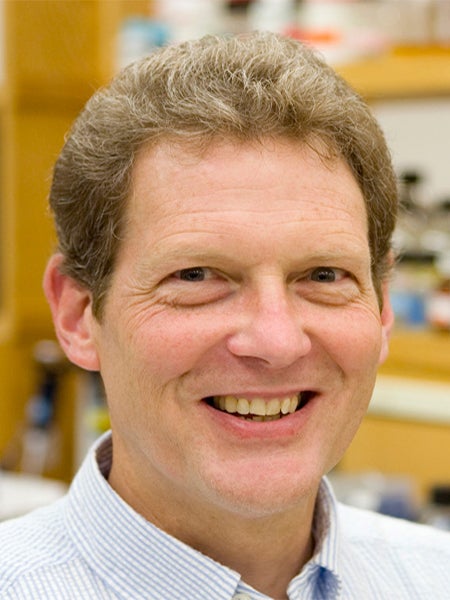6/17/2025
Agnieszka Swiatecka-Urban studied the regulation of cell-surface stability and intracellular trafficking of membrane proteins in epithelial cells. One focus of her research activity has been the characterization of mechanisms and…
6/17/2025
Research in my laboratory currently focuses on several very different aspects of plant cell growth and differentiation. One area of current interest is an examination of the biochemical, cellular, and…
6/17/2025
Myeloid cells, including granulocytes and macrophages, play a crucial role in the body's defense against infections. Abnormalities in their functions and maturation cause various diseases. At the Trinh laboratory, we…
6/17/2025
Our research focus is to understand the structure and function of unusual DNA sequences in living cells, and how these sequences cause genome instability and lead to human diseases. Human…
6/17/2025
How do tissues regenerate after damage? What are the mechanisms that allow cells to coordinate regeneration? The Worley lab combines experimental genetics, developmental biology, and single-cell transcriptomics to uncover the…
6/17/2025
We are interested in studying how microbes evolve, adapt and diversify at the molecular, organismal and community levels. To gain insights into the fundamental mechanisms underlying these processes, we use…
6/17/2025
My research primarily focuses on t the genetic/molecular epidemiology of cancer and the human microbiome. My past and current research have discovered novel genetic variants, polygenic risk scores, epigenetic biomarkers,…
6/17/2025
How gene expression is regulated in chromatin is a fundamental question in molecular biology. The transcription program is a major determinant of cell identity; transcriptional regulation is involved in many…
6/17/2025
Protein abundance and post-translational modifications (PTMs) are tightly regulated to control cellular activities and developmental processes. Dysregulated protein function, either through abnormal protein levels or PTMs, disrupts normal cellular activities…
6/17/2025
Research in our laboratory is focused on discovering the mechanisms that control stem cell fate. Specifically, we seek to identify factors that control the progression and branch points of cellular…










